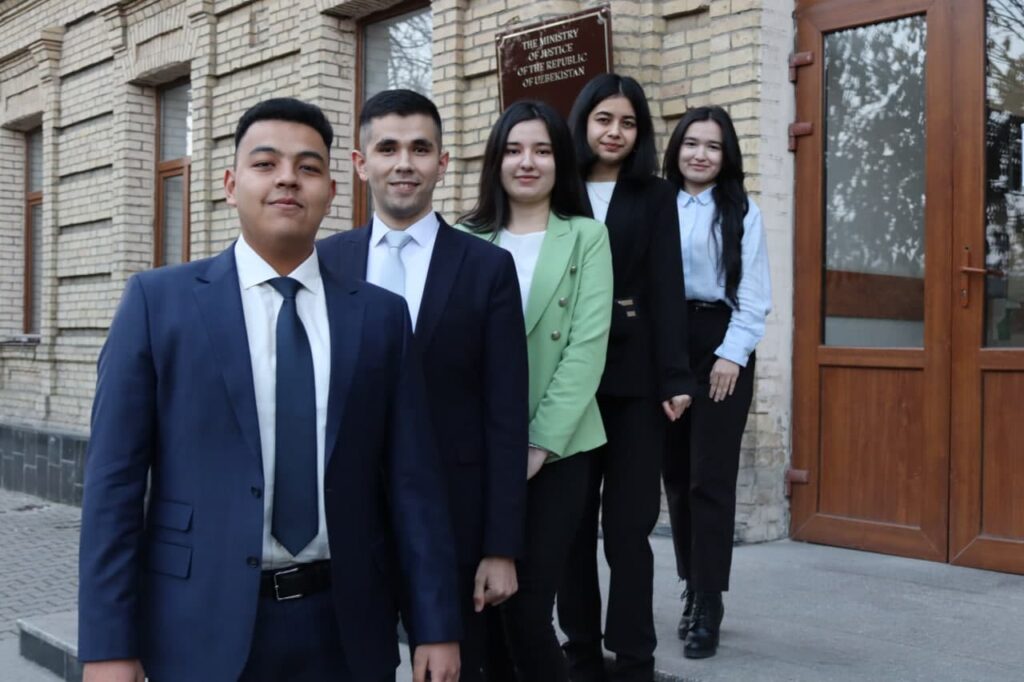Mark Cavendish, British Cyclist from Astana Qazaqstan Team, Takes Record Stage Win
British cyclist Mark Cavendish made history at this year’s Tour de France, which he was said was probably his last race. Cavendish, currently riding for the Astana Qazaqstan Team, set the record for winning the most career stages (35) at cycling’s biggest event. The tour ended Sunday with Slovenian Tadej Pogacar of UAE Team Emirates as the overall winner. But Cavendish’s record-breaking performance was one of the main story lines of the 2024 Tour de France, which broke with tradition and ended in Nice because the usual finishing area, in or near Paris, is preparing for the Olympics (July 26-Aug. 11). In 2021, Cavendish drew level with Belgian Eddy Merckx’s record of 34 stage wins at the Tour de France, but another win eluded him in the following years. He signed up with Astana Qazaqstan for 2023, but dropped out of that year’s Tour de France after a fall. On the verge of retirement, he stayed with Astana Qazaqstan for another try at breaking the record. On July 3, it happened when he won the fifth stage of the Tour de France. “It’s hard to fully grasp this success, but we worked towards it, and as a team, we did everything possible to make it happen,” 39-year-old Cavendish said. “Few believed that we would succeed, that Mark’s arrival in Astana Qazaqstan Team would change history, but we believed and did everything to make today’s victory happen,” said Alexandr Vinokurov, general manager of the team. “We were close to this last year, but fate had other plans. I believe that real champions should not end their careers after a fall and injury, and I am happy that Mark decided to do another season in the end.” Cavendish won his first Tour de France stage in 2008. Merckx, a five-time winner of the Tour de France, retired from racing in 1978. This month, Chinese company XDS, one of the world’s biggest bicycle makers, said it will invest in the Astana Qazaqstan Team for at least five years, according to a team statement.
asd





